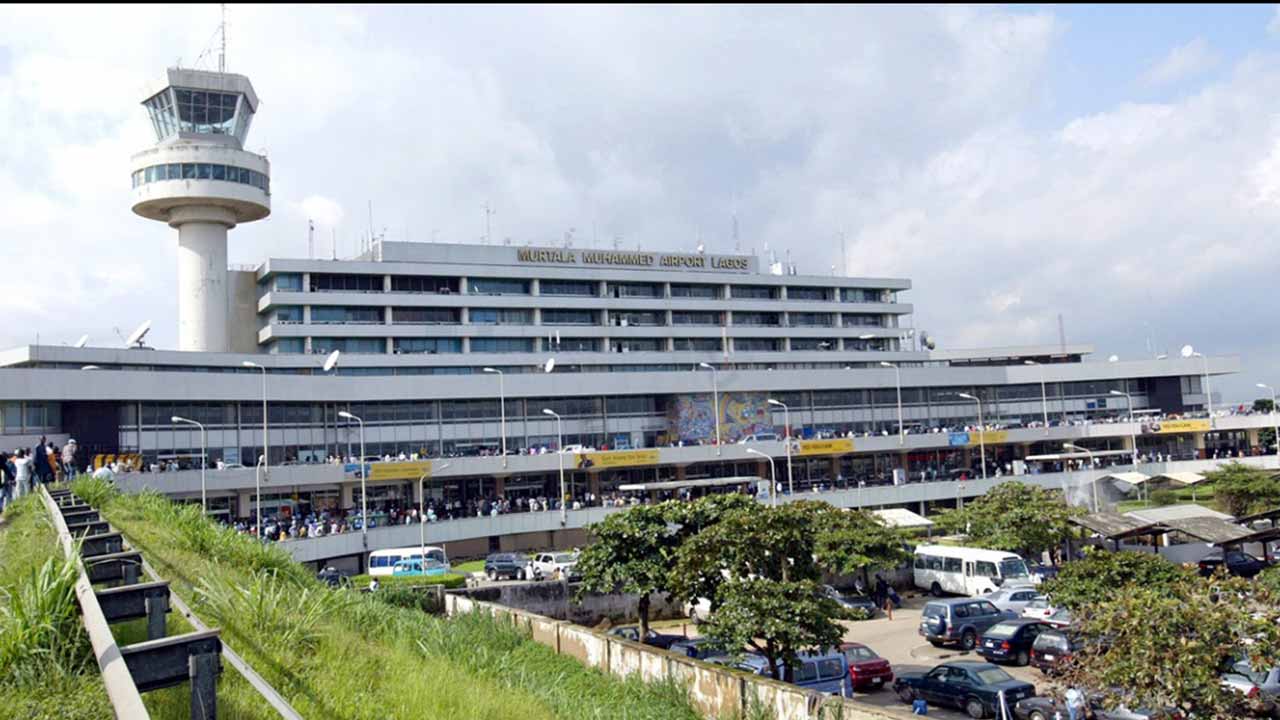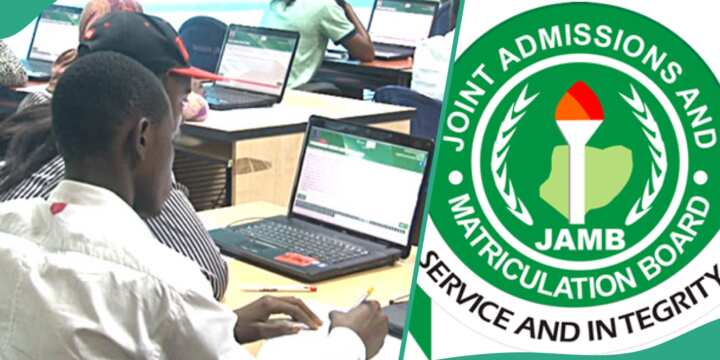{MAGAZINE} Will Women Have Their Fair Share Politically?
Sola Jacobs writes on the need to have more women occupy elective and appointive positions as the gubernatorial elections approach in Ekiti and Osun states.
With the political parties’ primaries in some of the states in Nigeria and 2019 general election approaching, women in the country, especially the non-governmental organisations and coalition of women groups seem to be more conscious of the role that women would play in the present and next political dispensations, as some of them had taken it upon themselves to review how women had fared in previous elections.
Recently, there was a gathering organised by the Community Life Project for women politicians in Ekiti and Osun State in Ado Ekiti, the capital of Ekiti State.
At the workshop, the fact sheet on women political representation in Nigeria was presented and Really, women are yet to have their fair share and representation in political climate of the country, despite their numerical strength, education, socio-economy contributions to the growth and development of the country, and their role as agents of socialization.
Out of the 109 seats in the upper National Assembly in the 1999 elections women occupied only three seats, in 2003 four seats, in 2007 women occupied nine seats and in the 2011 election it declined to eight seats, in 2015, it plunged further to seven seats.
Ekiti state is lucky enough to have two women to represent the state in the 2015 election, while Osun State has not had any women to represent it since 1999 till date.
The review of the House of Representatives reveals that out of the 360 seats, in the 1999 election, women had 13 seats, in 2003, 21 seats, in 2007 election 27 seats, in 2011, 25 seats while it nosedived to 22 seats in 2015 election. Osun had one woman representative, Hon. Ayo Omidiran in the House of Representative in 2011 and 2015, while Ekiti only had one representative in the 2003 election.
For the State Houses of Assembly, Nigeria has a total number of 990 seats across the states. In 1999, women occupied only 24 seats, in the 2003 election, 40 seats, in 2007 election 57 seats, in 2011 election 68 seats, while it declined to 51 seats in 2015 election.
Ekiti State in 2011, women had four seats in the state and in 2015 election, women had two seats. In Osun State House of Assembly women had a seat respectively in the state legislative house in 1999 and 2003 elections.
The review of women representation in the political terrain of the two states revealed that women had not been better represented, which shows gender inequality in political representation of the country against women, particularly in the legislature. Women are seen to be very important within the political parties but in government, it becomes difficult to meaningfully advance the course of women in Nigeria.
There is perceived inequality between men and women in political representation and despite all efforts made by the civil society organisations and women groups over the years, women’s’ representation in political offices remain abysmally poor.
An analysis of women’s representation in all 5 elections held in the country since 1999 show that the very modest gains made between 1999 and 2007 are being progressively reversed.
At an interactive session, Hon. Ronke Edu Adewoye from Osun State gave reasons why women could not convert their numerical strength, participation in politics and contributions to national development, which include the fact that women have little voice and influence within the parties to determine who emerges as parties flag bearers.
In her opinion, Hon Sade Akinromola, the Chairman of Gboyin Local Government in Ekiti state stated that, women who occupy political positions owe their appointments and elections to the will of the party leaders, saying, “If your leader in the party and state is women-friendly, then they will generously concede some seats to women, but going through party processes, women are only seen as tools to garner votes and campaign instruments in Nigeria politics”.
To corroborate her claims, the state women leader of the All Progressives Congress in Osun, Alhaja Kudirat Fakokunde said that the gender-sensitive governor of the State of Osun, Ogbeni Rauf Aregbesola generously agreed that more women should be allowed into local governments and new local council development areas administration, a situation that guaranteed positions for more women as councilors and chairpersons of LGs and LCDAs in the history of the state. She said this is unprecedented in the history of the state because the governor recognises the contributions of women to socio-political and economic development of the state.
Women at the gathering agreed that some of them are petty and men use their pettiness to divide them along party structures and politics.
The question arose, does women have the financial muscle like their male counterparts in politics? the consensus was that women are better managers of resources but in political terrain, they can not afford such waste like their male counterparts.
As gubernatorial elections approach in Ekiti and Osun States in July and September respectively, the question is, will women get their fair share in the elections or in the subsequent political appointments?
Addressing this issue, a female aspirant under the Restoration Party, Mercy Ayodele lamented continued marginalization of youths and women by successive administrations, as she noted that if the trend is not curbed, it could be a recipe for disaster and full blow of security crisis.
According to her, women and youths are seen as veritable tools in the hands of politicians who only use them to gain access to the office, afterwards, they are only given token or peanuts for their contributions to the governance in the country.
She wondered why older political parties have failed to field women for leadership positions such as governorship and Presidential positions if truly they recognize their contributions, just like their male counterparts to the National growth and development.
Ayodele therefore called on women to be wise and refuse to be used as tools to attain political positions.
She said, experience has shown that there is no area of life that women cannot excel, talk of business, sports, Science and technology as well as in governance.
She also stressed that women invest resources on people-oriented programmes, and give priority to the health and education of the masses; adding that they also protect the interest of the working class and implement programmes to help poor families among other reasons.
The gubernatorial elections in Ekiti and Osun respectively is a pointer to the fact that women might still not have their fair share in the male dominance political terrain of the states, considering the number of women that have indicated interest to contest. This is so because apart from Ayodele of the Restoration Party, the only woman that has indicated interest is one Mrs. Akanbi Alimot Bolanle from the All Progressives Congress. Will the parties’ primaries give room for women participation?
There is need to have more women representation in our State Houses of Assemblies, House of Representatives and Senate to prove that women are not used as instruments to garner votes and assume positions but rather as major contributors to good governance, economic advancement and national development.










